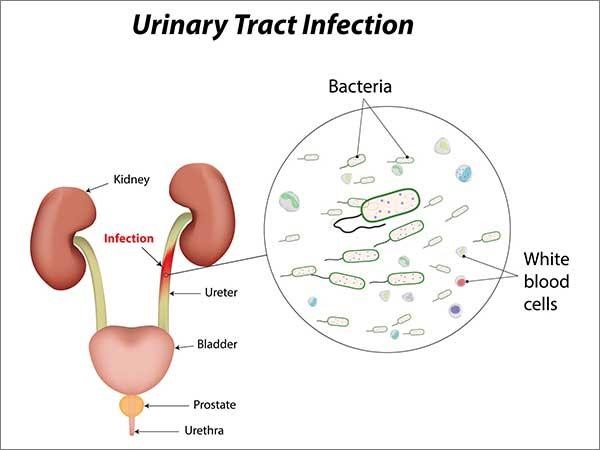A client has been diagnosed with hypothyroidism. What information should the nurse obtain when conducting a focused assessment? Select all that apply.
Weight gain
Constipation
Rapid pulse
Decreased energy
Hypertension
Correct Answer : A,B,D
Choice A Reason: Weight gain is a common finding in hypothyroidism, as the decreased thyroid hormone level causes the metabolism to slow down and the body to store more fat.
Choice B Reason: Constipation is a common finding in hypothyroidism, as the decreased thyroid hormone level causes the gastrointestinal motility to decrease and the stools to become hard and dry.
Choice C Reason: Rapid pulse is not a common finding in hypothyroidism, but it may indicate other conditions such as hyperthyroidism or anxiety.
Choice D Reason: Decreased energy is a common finding in hypothyroidism, as the decreased thyroid hormone level causes the body to feel tired and sluggish.
Choice E Reason: Hypertension is not a common finding in hypothyroidism, but it may indicate other conditions such as renal disease or cardiovascular disease.
Nursing Test Bank
Naxlex Comprehensive Predictor Exams
Related Questions
Correct Answer is A
Explanation
Choice A Reason: Following a high-fiber diet to establish bowel regularity is an appropriate instruction for a client who has hemorrhoids, as it helps to soften stools and reduce straining and pressure on hemorrhoids.
Choice B Reason: Using a stimulant laxative to prevent constipation is not an appropriate instruction for a client who has hemorrhoids, as it may cause diarrhea, dehydration, or electrolyte imbalance.
Choice C Reason: Cleaning the anal area after bowel movements with alcohol-based wipes is not an appropriate instruction for a client who has hemorrhoids, as it may irritate, dry, or damage hemorrhoidal tissue.
Choice D Reason: Limiting the intake of fruit to prevent loose stools is not an appropriate instruction for a client who has hemorrhoids, as fruit is a good source of fiber and fluid that can help prevent constipation and hemorrhoids.
Correct Answer is B
Explanation
Choice A Reason: Black cohosh is not an herbal supplement that can help prevent UTIs, but it may be used for menopausal symptoms such as hot flashes, night sweats, or mood swings.
Choice B Reason: Cranberry juice is an herbal supplement that can help prevent UTIs, as it may inhibit bacterial adhesion to the urinary tract and lower urine pH.
Choice C Reason: Saw palmetto is not an herbal supplement that can help prevent UTIs, but it may be used for benign prostatic hyperplasia (BPH) symptoms such as urinary frequency, urgency, or hesitancy.
Choice D Reason: Echinacea is not an herbal supplement that can help prevent UTIs, but it may be used for immune system support or wound healing.

Whether you are a student looking to ace your exams or a practicing nurse seeking to enhance your expertise , our nursing education contents will empower you with the confidence and competence to make a difference in the lives of patients and become a respected leader in the healthcare field.
Visit Naxlex, invest in your future and unlock endless possibilities with our unparalleled nursing education contents today
Report Wrong Answer on the Current Question
Do you disagree with the answer? If yes, what is your expected answer? Explain.
Kindly be descriptive with the issue you are facing.
